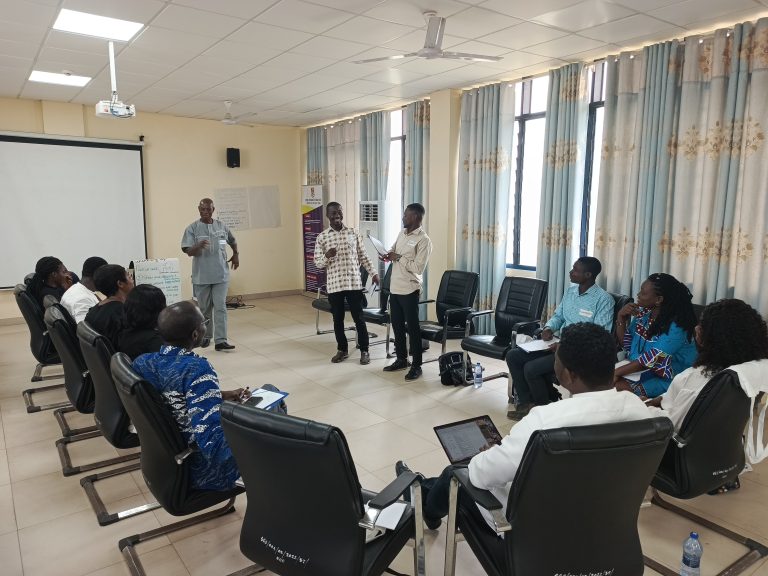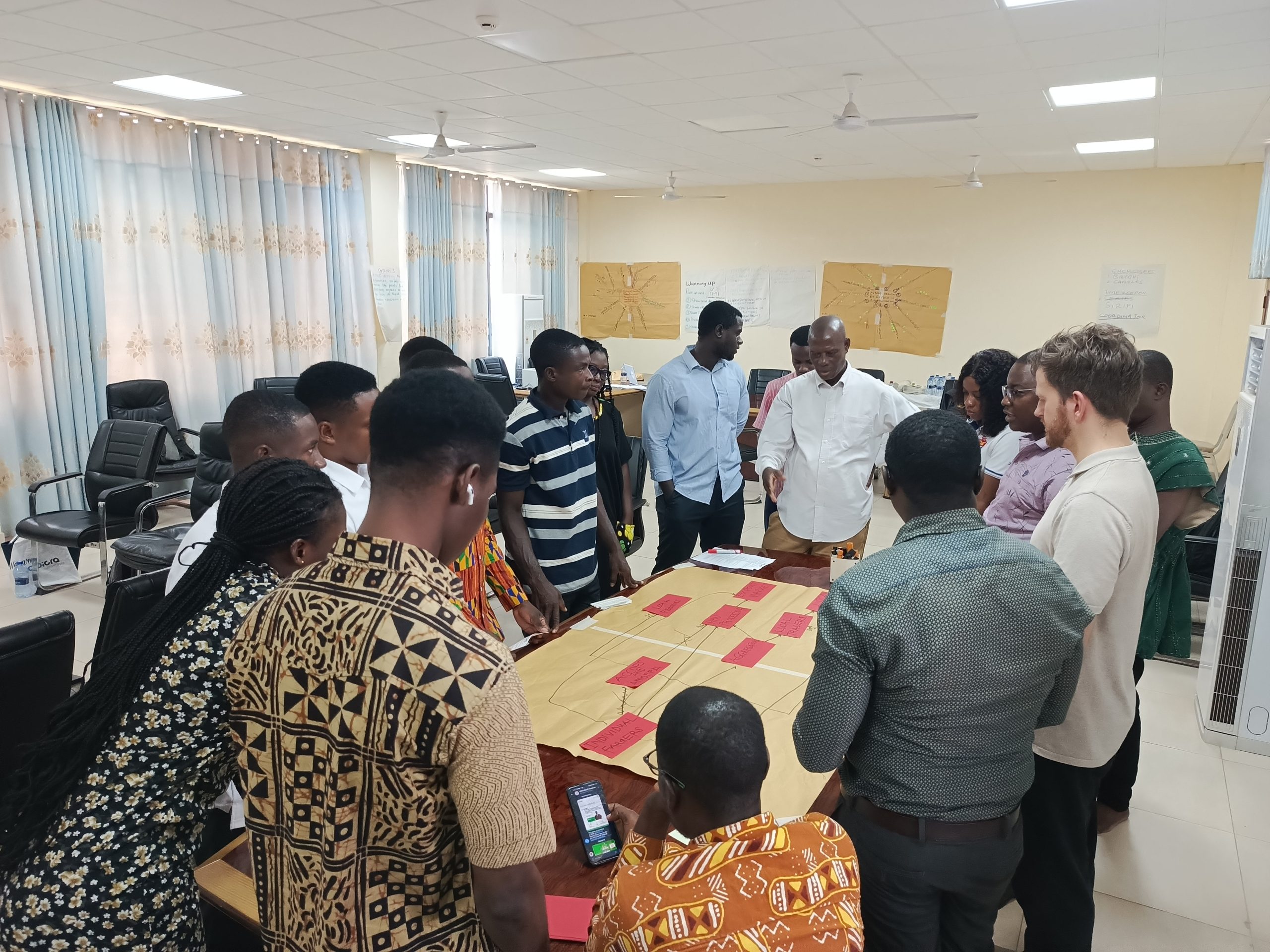
Fires, floods and droughts caused by climate change have pronounced local and regional implications. Local adaptation to climate change is essential in climatically and ethnically diverse African countries like Ghana. Yet local governments are not well prepared to guide localised adaptation. This project will strengthen education on local adaptation to climate change in Ghanaian Universities. The focus is on land use, agriculture and forestry.
This project addresses three main aspects of higher education: faculty, curriculum and employability. The project will provide a mentorship programme to develop junior faculty members’ research and teaching skills. By collaborating with European Universities, the goal is also to support them increase their scientific output and visibility. The training they receive will also encompass traditional knowledge. The project will create several new courses, including an internship program, to transfer expertise required for adaptation in Ghana. To nurture entrepreneurship, the project will also support student and recent graduate’s promising start-ups.
Achieving lasting impact is one of this project’s primary goals. For this reason, we focus on training-trainers and developing courses which the universities will offer long-term. This ensures that built capacity will remain with the higher education institutions. By building strategic partnerships between the universities and private sector, we will sustain the support for internships and start-ups.
iCRA’s role is to deliver training in agribusiness skills and start-up coaching to university staff. This includes how to build sustainable agribusiness relationships, negotiation win-win business arrangements and use contracting effectively. When the project ends, we will investigate how graduates and start-ups fare in the coming years. We will place emphasis on gender and socio-economic differences.
Location(s)
Ghana
Timeline
2024 - 2026
Category
Agri-education, Agribusiness
Key theme(s)
Climate change, Environmental sustainability, Indigenous knowledge, Climate adaptation
Partners
University of Eastern Finland, University of Copenhagen, University of Cape Coast, Kwame Nkrumah University of Science and Technology, Center for Indigenous Knowledge and Organizational Development
Funding


